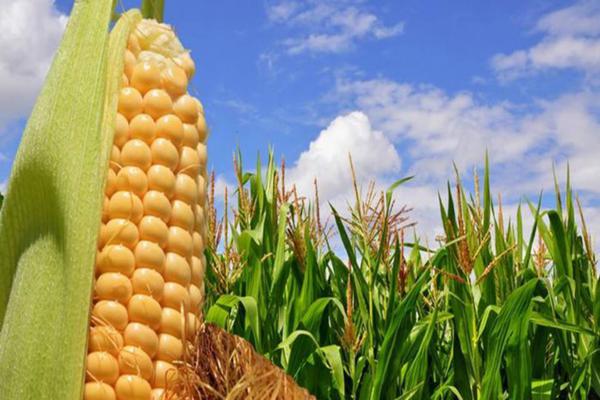Crops yields around the world could fall within a decade unless action is taken to speed up the introduction of new varieties.
A study says temperatures are rising faster than the development of crop varieties that can cope with a warmer world, according to BBC.
In Africa, researchers found that it can take 10-30 years before farmers can grow a new breed of maize.
By the time these new crops are planted, they face a warmer environment than they were developed in.
The scientists looked closely at the impact of temperature rises on crop duration – that’s the length of time between planting and harvesting.
They found that in a warmer world durations will be shorter meaning these varieties will have less time to accumulate biomass and yields could be affected.
Out of date
In their paper, the researchers write that crop duration will become significantly shorter as early as 2018 in some regions but by 2031, the majority of maize-growing areas of Africa will be affected.
“The actual changes in yield may be different but this effect is there, the impact of this change in duration will occur unless breeding changes,” said lead author Prof Andy Challinor from the University of Leeds.
“The durations will be shorter than what they were bred for – by the time they are in the field they are, in terms of temperature, out of date.”
New varieties of maize need between 10-30 years of development before they are ready to be grown by farmers.
The scientists say the lag is down to a combination of factors including the limited number of crops you can grow in a season, the need for government approved testing and there are also a number of problems of access to markets that can increase the time it takes before the farmers have the new seeds to plant.
Increasing the speed of development is important but according to Prof Challinor, so is making smarter assumptions about future conditions.
“We can use the climate models to tell us what the temperatures are going to be,” he told BBC News,
“We can then put those temperature elevations into the greenhouses and then we can breed the crops at those temperatures. People are beginning to do this, but this paper provides the hard evidence of the necessity of it.”
Researchers are also working on the impact of heat stress on crops at sites in Zimbabwe, Kenya and Ethiopia. Data from these trials is being used to identify species that could cope with warmer conditions.
The researchers believe that the study also has implications beyond Africa, especially in the maize growing regions of the tropics.
H.Z

